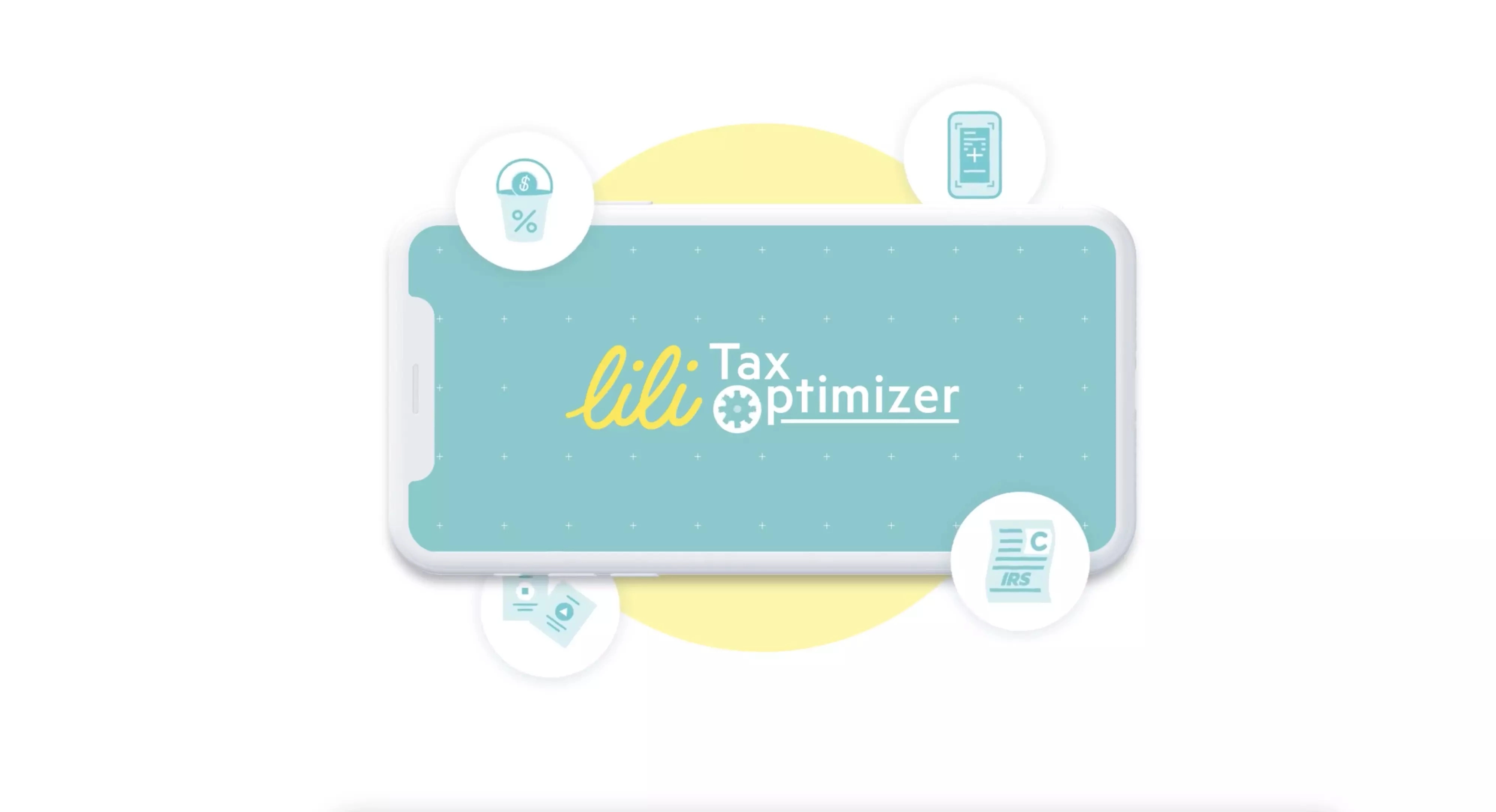
Small Business News
Survey: 90% of Self-Employed Gen Zers Unaware of Quarterly Taxes
Today — April 18th, 2022 — is known as Tax Day for most Americans. However, for small business owners and self-employed workers, taxes may be due multiple times a year thanks to quarterly estimated payments. Unfortunately, as a new survey of more than 1,000 Gen Zers shows, many young entrepreneurs and freelancers appear to be unaware of these rules and may be spending more as a result.
A recent survey conducted by the FinTech platform Lili found that, while the number of freelancing Gen Zers is growing, there may be some misconceptions about how business taxes work. First, Lili’s report found that 50% of 18 to 24-year-olds surveyed performed freelance work in 2021. Yet, 90% of all respondents stated that they didn’t know that self-employed workers may need to be making quarterly tax payments. What’s more, 51% of those surveyed who currently freelance or have freelanced in the past reported not knowing that self-employed individuals could deduct business expenses from their taxes.
The survey’s findings suggest that many young freelancers are likely losing money when it comes to taxes. For one, by failing to make quarterly estimated payments, individuals may be subject to underpayment fines. Meanwhile, by not deducting business expenses from taxable income, self-employed workers are potentially paying more in taxes than is required.
Commenting on the good aspects of the survey, Lili CEO Lilac Bar David said, “It’s truly amazing to see how many young entrepreneurial people are eager to take their careers into their own hands. Finances were one of the biggest reasons people were scared to jump into freelancing, especially leaving jobs with benefits to work on their own full-time.” David continued, “Now people, and especially younger generations early in their careers or about to enter the workforce, are realizing the immense benefits of being your own boss, controlling your own hours, and determining your own wages.”
As for the downsides displayed in the results, the FinTech’s VP of marketing Matthieu Silberstein explained, “While it’s incredibly inspiring to see how many young people want to take their careers into their own hands, it’s alarming how many misconceptions there are about being a freelancer. We see it as our responsibility to educate and inform our customers about the financial pitfalls that have plagued too many freelancers for too long, given how often they’re unprepared for tax season, and as a result, end up paying more than they should.”
Overall, while it may not be surprising that younger individuals (much like their older cohorts) have some misconceptions about how taxes work in the world of freelancing, this survey does highlight the need for greater education on such topics as the gig economy continued to grow. Luckily, tools such as Lili as well as platforms such as Quickbooks Self-Employed can help self-employed workers of any age to better navigate their taxes — including quarterly payments and business deductions. Hopefully, as the “Great Resignation” continues and more individuals begin working for themselves, this important financial issue will be more widely discussed as well as understood.





